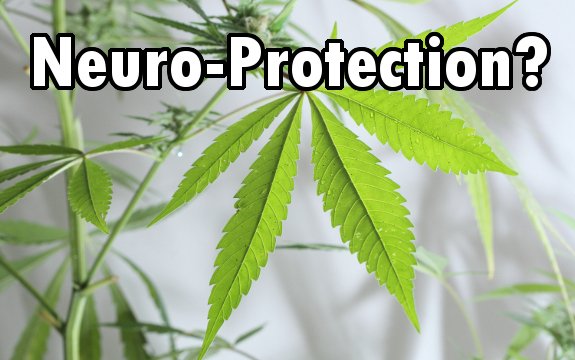Could Marijuana Hold the Key to Treating Brain Damage from Alcoholism?

 Excessive alcohol consumption takes a toll on your health in various ways. It’s linked to a variety of health ailments including liver disease, cardiovascular disease, cancer, and even brain damage. But a recent study from the Universities of Maryland and Kentucky indicates a special potential treatment for warding off and even reversing such brain damage caused by alcohol—cannabidiol (cannabis).
Excessive alcohol consumption takes a toll on your health in various ways. It’s linked to a variety of health ailments including liver disease, cardiovascular disease, cancer, and even brain damage. But a recent study from the Universities of Maryland and Kentucky indicates a special potential treatment for warding off and even reversing such brain damage caused by alcohol—cannabidiol (cannabis).
Cannabidiol (CBD) is a compound found in marijuana. It doesn’t contain any psychoactive constituents, which means it doesn’t get you high. But it is linked to numerous health benefits.
Published in the journal Pharmacology Biochemistry and Behavior, the study first looked at damage to the brain caused by alcohol, indicating neuro-degeneration, and behavioral and cognitive impairments. This damage is thought to play a role in the chronic “relapsing nature of alcoholism.”
The researchers administered transdermal cannabidiol in laboratory rats. Both using a needle injection method and a skin patch method, the rats experienced neuroprotection at about 50%.
These results justify further preclinical development of transdermal CBD for the treatment of alcohol-induced neurodegeneration. It has been suggested that the neuroprotective effects of CBD observed during binge alcohol induced neurodegeneration are due to its high antioxidant capacity.
Other Benefits of Marijuana Compounds
Numerous studies have showcased how CBD and other cannabinoids found in marijuana have strong antioxidant properties and numerous health benefits. It seems we uncover new applications for these compounds nearly every month. While this is only the beginning of looking at neuroprotection applications for brains damaged by alcohol consumption, other benefits of cannabis have been well documented.
Just a few weeks ago, I wrote about 4 significant studies linking marijuana and brain cancer treatment. These studies found that cannabis compounds can not only kill cancerous cells in the brain, but also protect healthy cells – something traditional cancer treatments can’t do.
Research has also connected cannabis with the treatment of depression, indicating it’s benefits reach from the physical to the mental.
But, despite the mounting body of evidence to the contrary, marijuana continues to be vilified by those who treasure the failed War on Drugs. The US government labels cannabis a ‘schedule one narcotic’ along with heroin and LSD; they also say it has no medicinal value – all while holding patents on cannabis constituents. Though science has repeatedly demonstrated its health benefits and limited risks, those who oppose the plant cling steadfastly to flawed and dated anti-marijuana arguments.

since alcoholism and opiate addiction follow many of the same pathways in the brain, cannabis is likely beneficial to those who are weaning down from MMT and SMT